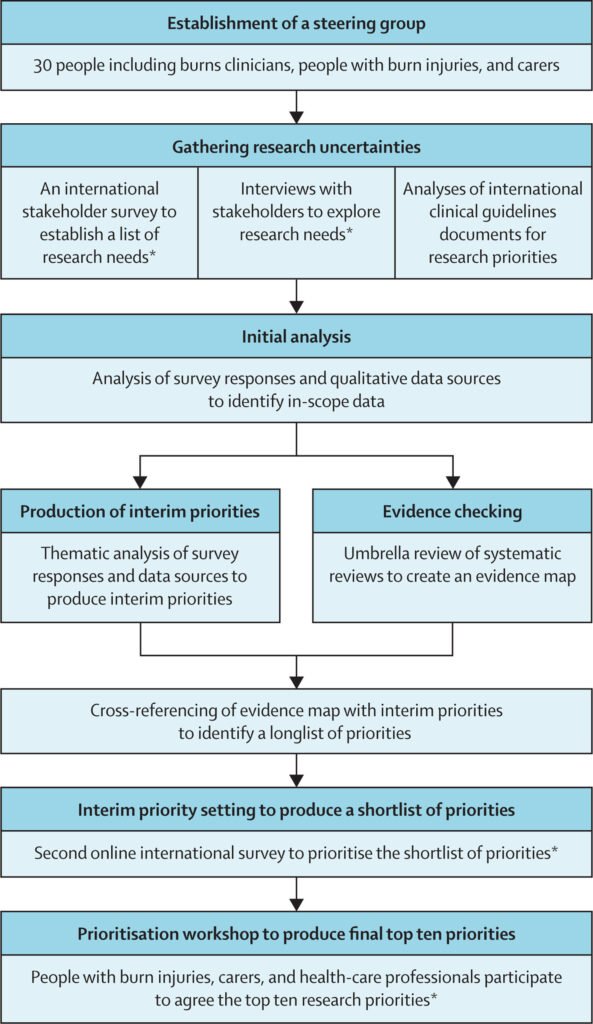The Priorities in Global Burns Research partnership, led by the University of Bristol, has identified the top 10 priorities in burns care research from 88 countries. The project, published in The Lancet Global Health, aims to address the significant impact of serious burns on millions of people worldwide.
Each year, over 11 million individuals suffer life-changing burns, leading to disabilities, psychological trauma, and physical pain. The project surveyed survivors, caregivers, and healthcare professionals from six continents to determine the most pressing research questions in burns care.
Key findings from the project revealed differences between high- and low-income countries, with a focus on stigma, cost-effective treatments, and long-term care. Psychological effects were identified as a major challenge for all burn survivors, highlighting the need for improved mental health support in burns care.
The project is a tribute to the late Professor Amber Young, who dedicated her work to enhancing burns care globally. Her colleague, Professor Jane Blazeby, continued the project, emphasizing its lasting impact on improving treatment and quality of life for burn survivors.
Hollie Richards, a Senior Research Associate, coordinated the partnership and emphasized the importance of addressing disparities and inequities in burn care. The top 10 research priorities identified in the project aim to guide future studies to enhance global burn care standards.
The James Lind Alliance highlighted the need for actionable studies to address the identified priorities and improve outcomes for burn survivors. The research priorities include acute treatments, psychological impact assessment, scar treatment, pain management, stigma reduction, and education of healthcare professionals.
Overall, the project underscores the critical need for advancements in burns care research to provide effective treatments and support for survivors and caregivers worldwide. The collaboration between researchers, clinicians, and burn survivors aims to drive progress in global burn care and enhance the quality of life for those affected by serious burns.


